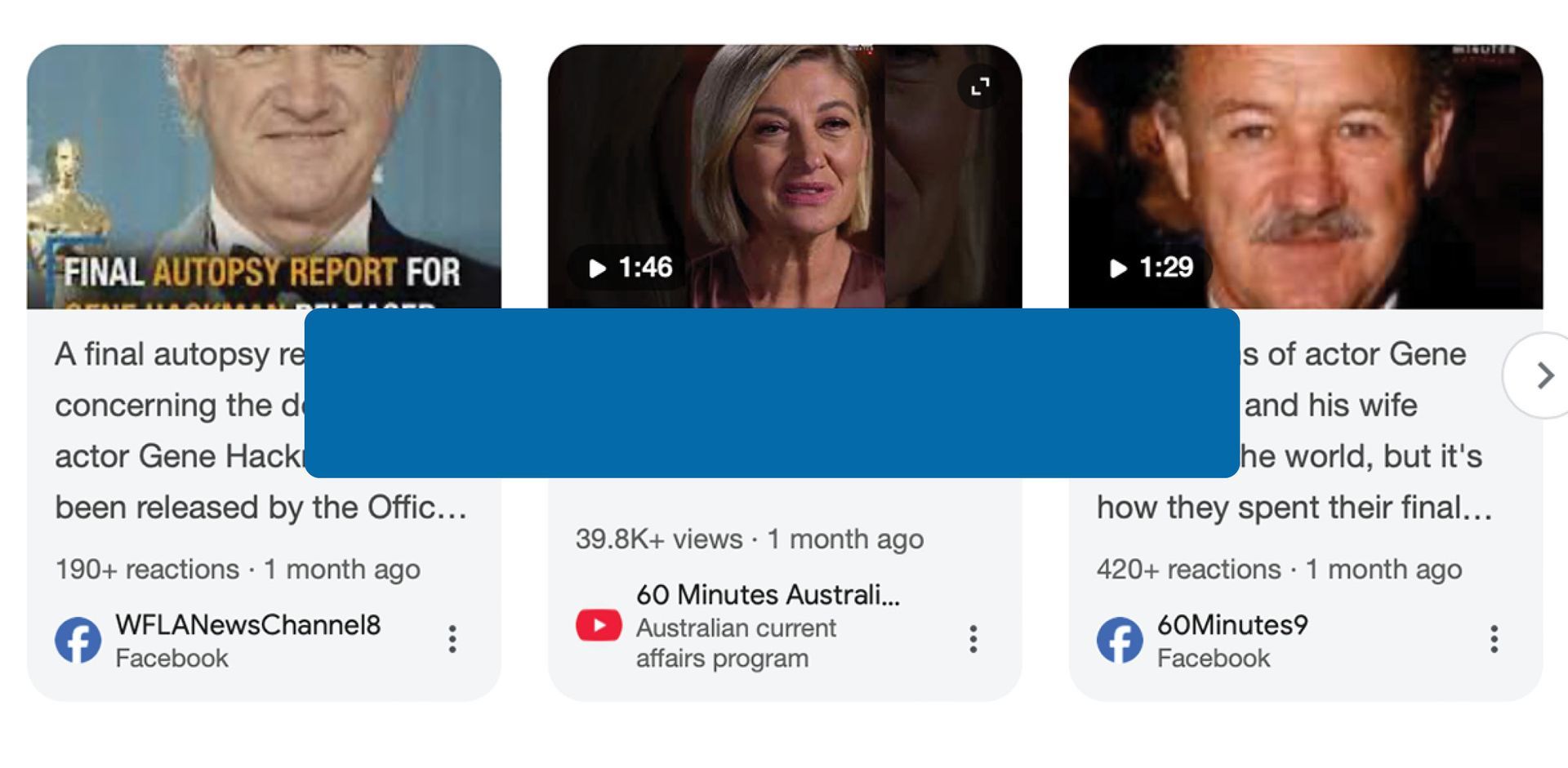HOW TO SURVIVE THE FIRST MOTHERS DAY WITHOUT MOM
The second Sunday in May, usually a time of celebration and family, can be the opposite for someone who has recently lost their mom. Mother’s Day can be difficult when our mother is no longer with us. The first Mother’s Day without your mom can seem almost impossible to navigate. Emotions can be raw and messy, and it may feel overwhelming to consider how to get through the day. Surviving the first Mother’s Day without your mother will not be easy. Even though this day will never feel the same, we hope these tips will help you feel empowered to navigate the day in a way that works for you.
- Acknowledge your feelings. You feel what you feel. Don’t judge your emotions. Don’t let the expectations of others or your own expectations for the day dictate your emotions. Trying to be strong and hide your true feelings is not healthy. Grief is a personal journey, travel it at your own pace. It’s OK to feel sad, angry, and overwhelmed. It’s also OK to seek support. While anxiety and sadness are normal reactions to loss, seek help if they seem severe, disabling or are impacting your key roles at home, work, or school.
- Write her a Mother’s Day card. Sharing how you feel about your mother and what she meant to you can help you find comfort and refocus on being grateful for the time you did have together. Writing her a card will give you the opportunity to say again the things you might have said a hundred times or wished you had said one more time. Remember, her spirit lives within your memory of her, the words you write will prove she, in a way, is still with you.
- Reclaim the day for you. Whether you are a mother yourself or not, reclaim and celebrate yourself or another significant female you love. Focus on the present moment with those you love. Send yourself flowers, eat way too much candy, do something that you love that lifts your spirits. Make this day about self-love, your mom would not want you to face this day with sadness and pain. Find the strength she instilled in you and the love she had and celebrate someone special, you. She would want you to have a great day.
- Surround yourself with loved ones. Let others sweep you up in their love for you. Being in the company of others can help you feel less alone or isolated. It could be relatives who also loved your mom, allowing you to celebrate her memory. Or you could spend time with friends doing something you enjoy together completely unrelated to Mother’s Day. Spending the day with others can help uplift you from feeling the heavy impact of loss and help distract you from the meaning of the day.
- It’s OK To Do Nothing. If any type of activity or celebration seems like it might be too much, then it’s OK to say No. It’s OK to simply skip Mother’s Day. If you decide to ignore the day, then be careful not to stumble upon reminders. It may be helpful to stay off social media which is likely to be filled with posts of happy family celebrations. Find something you can get lost in, like going to the movies, hiking in the park, attending a local sports event, or even taking on a task like organizing your closets.
As the second Sunday in May approaches, it will help to plan how you will manage the day. The only real rules are to be kind to yourself and to set no expectations. You will get through it; the day will pass, and you will come out the other side knowing that you survived – and that will feel powerful.
Ascend offers help and comfort to those grieving the loss of a loved one through grief services, programs, and annual tribute events. Reach out to the
Ascend location nearest to you for additional information.



